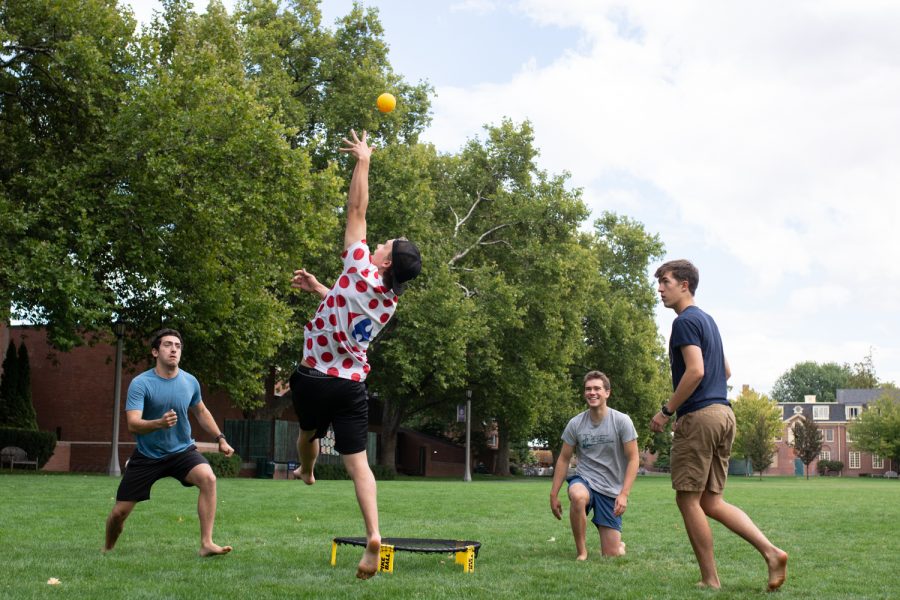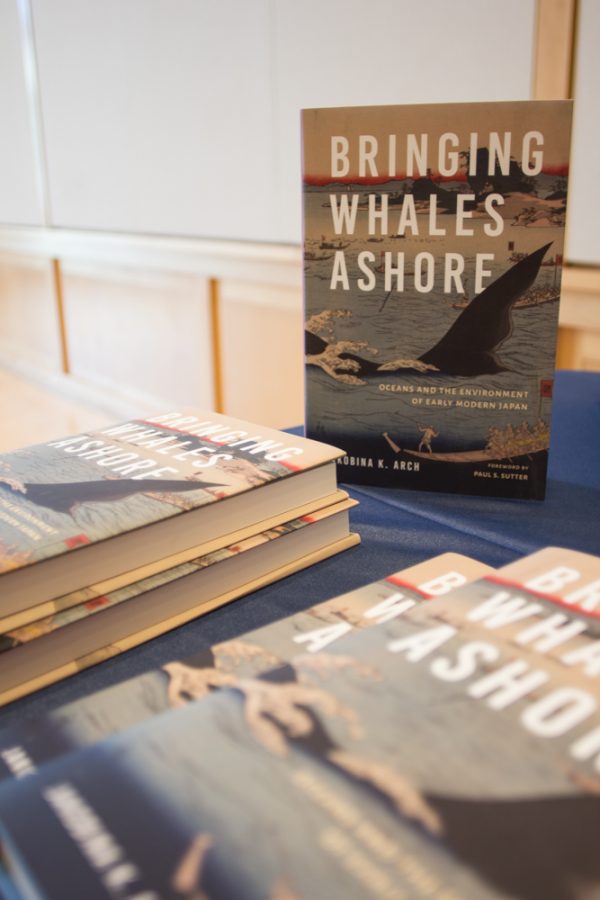Desde abajo y a la izquierda From below and to the left
Porque no nos las sabemos todas Because we ourselves do not know everything
Thursday August 25th, 2011
The social sciences building at UN Cuyo is filled with political speech. However, for the first few weeks, nothing I saw was quite what I was looking for. I have spent the last few years of my life living far away from the real world: reading, going to class, intellectualizing about ideology. Now, more than ever, I ´m ready to leave that life behind.
Finally, last Friday, I saw a sign which asked me to join ¨Movimiento Sur ¨ and participate popular education, (see below) porque no nos las sabemos todas. This was something altogether new and different. Here, sitting right in front of me, was an opportunity to become part of something special, an opportunity to learn through experience and praxis.
Unfortunately, the campus was virtually deserted when I made this discovery, so I made no further progress until earlier this week. Movemiento Sur, and every campus group, has a permanent table which serves as a hangout spot and recruitment space. I walked up to the table, told the people that I was a ¨norteamericano, ¨ and that we shared the same ideology. ¨ ¿Desde abajo y a la izquierda, no? ¨
The look on their faces was priceless, all three were completely aghast, an expression that no words can describe. It was very apparent that this had never happened before, and it was something that they had previously considered to be far outside of the realm of the possible.
After the initial shock faded, we got to talking. Two of them lit up cigarettes. Many years ago, the university instituted an indoor smoking ban, but people in the social sciences don ´t give a fuck. I asked them what they did with respect to popular education. Every Saturday, they will be going–rather, we will be going–to a slum to engage in alternative education activities that challenge hegemonic thought. It is a reciprocal relationship that shatters divisions between educator and educated; everyone is both. El mundo real, my friends from Movimiento Sur called it. The real world.
It ´s going to be a good semester.
From the other America,
Enrique Gales
http://www.movimientosur.org.ar/
Popular Education:
from http://www.mexicosolidarity.org/about/history
Popular education begins by examining the real life situations in which people live, and building a critique of the causes of the problems that people face on a daily basis. Realistically, this is a facilitated process that engages the intellectual capacities of social actors to analyze their own life situations, resulting in new and evolving understandings – or “new consciousness.” Facilitation is important because, if history teaches us nothing else, it certainly teaches us that social change, and changing social consciousness, does not happen spontaneously. It happens because people exercise their agency and initiate educational/social processes leading to social change. Effective processes start from a profound respect for the real-life experiences of social actors, without a pre-determined ideological outcome divorced from their lived realities. In this sense, an ideological project is grounded in a profound respect for the intellectual and political potentials of social actors.
Ideological development is a constantly unfolding process of revelation based on an analysis of the real life experiences of social actors, rather than a pre-determined process with a clearly defined end point. Democracy is not a thing toward which we strive (usually defined in traditional poli sci as fair elections and a free market), but rather a constantly unfolding struggle around distribution of power.




